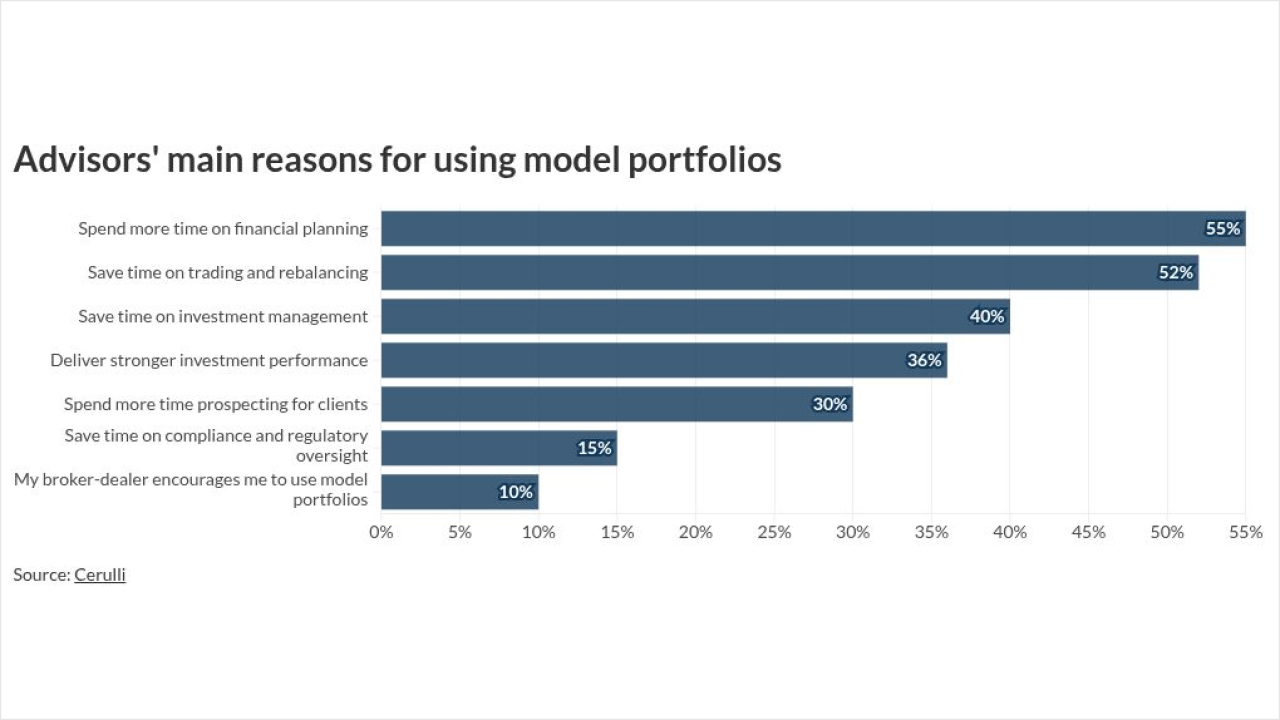For a time, Morgan Stanley was an outlier in
But now, at least tentatively, it appears that UBS may be following a similar path.
UBS recently lost its bid to impose a temporary restraining order on Richard Bean, a Charlotte, North Carolina, advisor who decamped to Ameriprise. UBS alleged that Bean had violated the non-disclosure and non-solicitation portions of his employment agreements, bringing confidential client information with him to Ameriprise.
Bean countered in sworn testimony that he did not, in fact, take any confidential information or solicit UBS clients. He explained that he left UBS because "extensive and persistent issues with UBS's software and technology significantly affected his ability to best serves his clients," according to court documents obtained by On Wall Street.
Bean charged that UBS undertook "a campaign to disparage Bean to his customers," and noted that UBS for years had allowed advisors to disclose basic client information to competitors for more than a decade under the Broker Protocol.
Judge Hugh Lewis of North Carolina's Mecklenburg County Superior Court denied UBS' motion, concluding that the firm "did not meet its burden to support the requested injunctive relief" of a temporary restraining order.
The matter will now head to a FINRA arbitration panel.
For Ameriprise, which some observers expect to ramp up its recruiting efforts in a bid to poach teams from non-protocol firms like UBS, the court's decision represented the second victory in beating back an attempt to impose a TRO against a newly recruited advisor.
"We are pleased that for the second time, a judge has agreed with our position and denied a restraining order against an advisor who has made the decision to join Ameriprise from a firm that has left the Broker Protocol," Ameriprise spokeswoman Kathleen McClung writes in an email. "As we’ve highlighted before, financial advisors are allowed to switch firms, and movement across the industry is common."
Through a spokesman, UBS declines to comment on the matter.

Reached by telephone on Monday, Bean declined to comment on the case, referring an inquiry to Ameriprise's legal team.
McClung confirms that Bean is "fully installed here at Ameriprise within our employee channel and focused on serving his clients."
Late last year, UBS, Morgan Stanley and Citigroup exited the Broker Protocol, the industry accord permitting departing advisors to take basic client information with them to their new firms. Since then, Morgan has filed several lawsuits seeking restraining orders against teams that left the firm.
UBS at first had been more cautious, but this lawsuit, reportedly the second the firm has brought against a breakaway advisor, could signal a shift in strategy.
"It looks like now they're being aggressive as well," says Ross Intelisano, a partner with the law firm Rich, Intelisano & Katz.
-
In a concession to the advisor, he can still respond to client emails and calls, even though he may not initiate contact.
December 13 -
Breakaway uncertainty is forcing the RIA to re-evaluate its growth strategies.
December 10 -
Despite Merrill Lynch’s recent decision to stay in the Broker Protocol, Greg Fleming sees a long struggle ahead.
December 6 -
Morgan Stanley and UBS's exit from the accord spurred a number of advisors to move up their planned career changes.
December 6
The decisions by the big wirehouses to leave the Broker Protocol sent two messages, according to Barbara Herman, senior vice president at Diamond Consultants, an advisor recruiting and consulting firm. On one hand, it signaled that they were effectively throwing in the towel on recruiting experienced advisor groups, Herman says. On the other, it came as an assertion that the wirehouse, not the individual advisor, owns the client account. Ultimately, the threat of legal action from quitting a non-protocol firm is meant to pressure advisors to stay, she says.
But that strategy could actually have the opposite effect of driving more advisors away, Herman argues. True, risk-averse advisors might stay with Morgan or UBS to avoid a potential lawsuit. But others, irked by their firms' increasing assertions of control over the client relationship, could harden in their resolve to leave.
"I think this could backfire in some cases where advisors actually feel egged on to consider a move," she says.
But now that Morgan and UBS have demonstrated their inclination to sue, advisors must seek legal guidance well ahead of their departure to ensure that they don't violate the employment agreements that the wirehouses are once again seeking to enforce, Herman says. Receiving support such as legal counsel from their destination firm can also be a significant enticement.
"It's not that advisors can't move, [but] they have to be that much more discerning about where they go and what they do," Herman says. "Having these [post-protocol] hoops is designed to be a deterrent to advisors leaving and to slow down the exit process, but advisors moved before protocol and they will continue to move."
For Ameriprise particularly, which historically has struggled to attract top-tier advisors from the large wirehouses, Morgan Stanley and UBS' break with the protocol could open a new recruiting avenue for the Minneapolis firm, which Intelisano imagines as something like: "We're going to be a house where we care about the advisors, and not only that, we'll represent you in the fight," he says. "It's actually a pretty good pitch."
Moreover, now that UBS appears to be 0-for-2 in its attempts to impose temporary restraining orders on former advisors, the threat of litigation might diminish, clearing the exit path for more advisors and teams.
"From a legal side, once a case gets filed and a TRO doesn't get upheld, I think it's going to spark more UBS advisors who've been waiting on the sidelines to take shots, as long as they do it in a clean way," Intelisano says. "My guess is there will be more UBS advisors now leaving."





